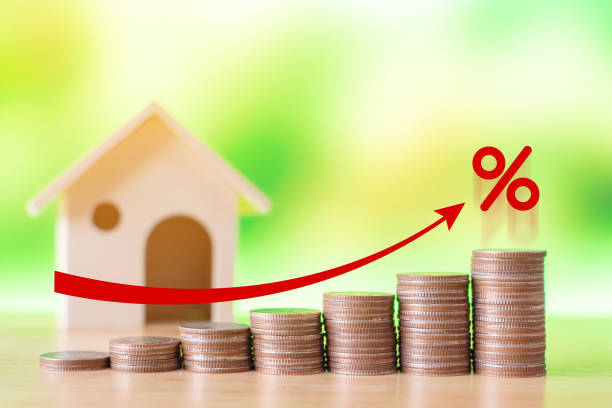Why Invest in Property !
Property Investment Pros & Cons

Pros
- Capital growth: Historically, property values have shown an average annual capital growth of around 7% in Australia. The demand vs supply dynamic in the market plays a significant role in driving the growth.
- Cash flow through rental income and expense management: Targeting a minimum 5.5% rental yields property to generate positive gearing which can provide a steady stream of income.
- Accelerated growth: Manufacture short-term capital growth through minor renovation or improvement or value-adding development or buying below its intrinsic value.
- Leverage from borrowing capacity: By leveraging investors' borrowing capacity, investors can amplify the potential returns on their investment. For example, if an investor puts down a 20% deposit and borrows the remaining 80% of the property's value, any increase in the property's value will be magnified on their initial investment. If the property value increases by 10%, the investor's equity will grow by 50% (10% of the property's value divided by the investor's 20% deposit). This leverage can significantly enhance the overall returns on the investment.
- Increase the value by Inflation: Property values tend to increase over time due to inflation. Investing in property can serve as a hedge against inflation, as the value of the property typically keeps pace with or exceeds the rate of inflation.
- Maximise return by Compound Interest: Compound interest refers to the interest earned on both the initial investment and any accumulated interest over time. Compound interest can work in your favour when the growth of your initial investment generates additional returns over time. The longer you hold the property, the more pronounced the effects of compound interest become.
- Unique Value Proposition: Properties with a twist that offer something unique and different or have the potential for future development or improvement can attract higher demand and command a premium in the market.
- Tax benefits: Strategic tax deduction such as tax-deductible repairing or renovation, depreciation or negative gearing, loan interest deduction, 50%discount on capital gains etc.
- Lower risk ratio in compare with other investment options: Real estate investment is generally considered to have lower volatility and be more predictable compared to other investment options, such as the stock market. Property has a proven track record of delivering average annual growth of around 7% over the long term, providing a relatively stable and consistent return on investment.
- Passive income generator: Property investment can serve as a passive income generator, especially when the rental income exceeds the property expenses (positive gearing).
- Timing: Property market cycles present opportunities for investors to enter the market at the right time. By understanding market trends and investing during periods of growth or when prices are favourable, investors can maximise their potential returns in the short term.

Cons
- Buying a wrong property risk: Making a poor investment decision and purchasing a property that does not generate the expected returns.
- Cash flow crunch: If rental income or other sources of cash flow from the property are insufficient to cover ongoing expenses and debt obligations, property owners may experience a cash flow crunch.
- High entry costs: Minimum requires $30,000 to cover all Upfront costs involved in acquiring a property
- Ongoing and additional costs: including property taxes, insurance, maintenance, repairs, and management fees.
- Surprises: Changes in market conditions, zoning regulations, or unexpected repairs.
- Tenant problems: Late payments, property damage, or disputes which are time consuming and may require legal action in some cases.
- Liquidity risk: It may take time (average 30-60 days) to sell a property and convert it into cash.
- Lumpy risk: It may not be easy to sell a portion of the property or divide it into smaller units for sale.
- Market risk: Economic conditions, supply and demand dynamics, and other factors can impact the value of the property, potentially resulting in a loss of investment
- Interest rate risk: If interest rates rise, the cost of borrowing will increase, affecting the profitability of the investment.
- Legislative risks: New tax laws or zoning regulations may affect the profitability or permitted use of a property.
- Lack of diversification: The majority of an individual's wealth may be tied up in one property or a few properties
- Negative gearing limits the borrowing capacity: While negative gearing can provide tax benefits, it can also limit the borrower's capacity to borrow more funds for further property investment.
- Inflation rate: Reduce the purchasing power of property investors, making it more difficult to acquire or maintain properties. Also, inflation increases in the cost of construction materials, labor, and other expenses related to property investment.
